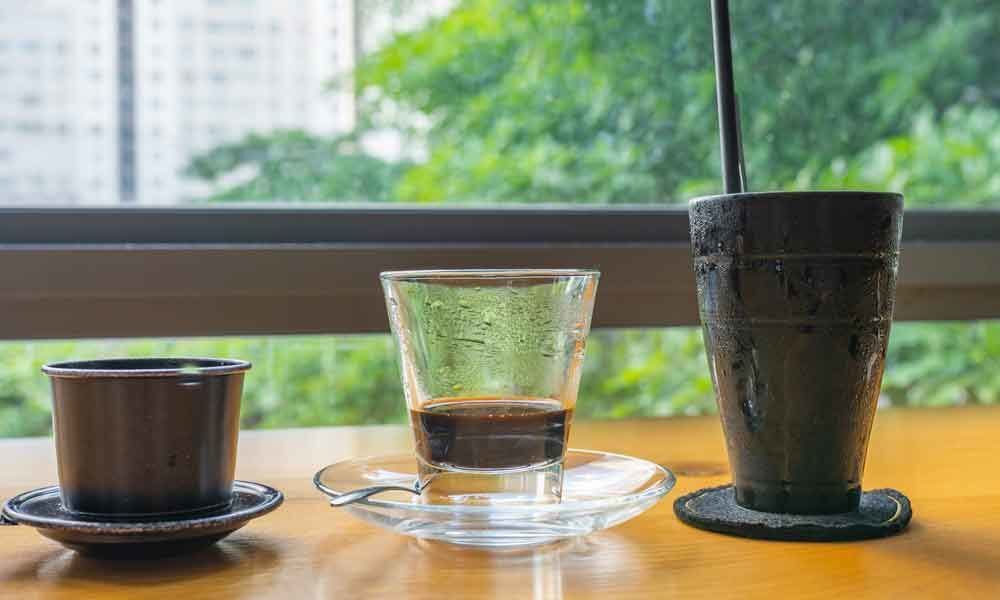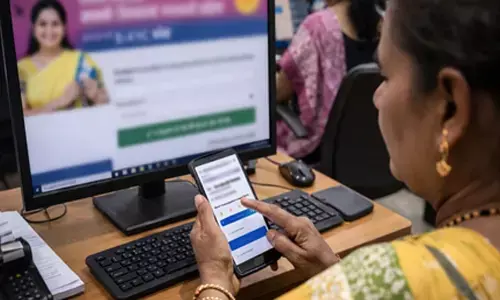Caffeine can be a Treatment and a Trigger for a Migraine, Know about it before you sip

Here's how much caffeine can trigger a migraine, According to a new study, caffeine can be both a treatment and a trigger for migraine headaches, making it difficult for people to know how much to sip.
Here's how much caffeine can trigger a migraine, According to a new study, caffeine can be both a treatment and a trigger for migraine headaches, making it difficult for people to know how much to sip. Experts believe that caffeine helps prevent adenosine, a molecule involved in migraine attacks, from binding to brain receptors. That's why many people use it as a home remedy. it is also an ingredient in many over-the-counter migraine medications. But, counter-intuitively, some migraine sufferers also claim that caffeine consumption can lead to debilitating headaches.
"What's complex with caffeine is sometimes harmful and beneficial," says Elizabeth Mostofsky, a researcher in cardiovascular epidemiology at the Beth Israel Deaconess Medical Center in Boston. "It really comes back to the dose and frequency of having it."
Mostofsky is the co-author of a new study published in the American Journal of Medicine that helps define this benefit/risk ratio. The results suggest that having three servings of caffeinated beverages such as coffee, tea, and soda a day appears to be the tipping point where caffeine becomes a possible trigger for migraines. (A portion is usually defined as eight ounces of coffee, six ounces of tea, 12 ounces of soda, or two ounces of energy drink.) Although the caffeine content may vary from one beverage to another, the study does did not distinguish types of drinks containing caffeine.)
For the study, the researchers asked 98 adults with 15 to 15 migraines a month to record their caffeine use twice a day for six weeks, as well as information about other possible migraine triggers, including exercise. , alcohol consumption, mood, sleep, menstrual status and weather. changes. They also provided information on the migraine symptoms they experienced during the study period and how they treated them. Participants also provided their demographic and medical history. Most of them, like most Americans suffering from migraine, were women.
After adjusting for other potential triggers, the researchers noticed a turning point around three servings of caffeine a day. One or two drinks containing caffeine per day are not statistically associated with a higher risk of migraine, but a decrease of three or more was related to a higher risk of headaches on both that day and the next day, discovered the researchers.
The fact that the correlation applied after high consumption of caffeine is particularly revealing: many migraine sufferers use caffeine to treat existing headaches, but the fact that people are more likely to have headaches The day after heavy consumption of caffeine drinks caused, not to treat, migraines, says Mostofsky.
Mostofsky notes that an individual's tolerance to caffeine, which may increase over time, probably also matters. For example, in this study, people who reported consuming an average of less than one serving of caffeine per day had a higher risk of migraines on days when they even drank one or two drinks containing caffeine. The opposite can be true too. There is plenty of evidence that people who consume a lot of caffeine can have headaches, migraines or otherwise if they forget to take their daily dose.
The study did not examine which types of caffeinated beverages were most strongly associated with headaches. And since the study was observational, that is, it only took into account the trends reflected in the data, Mostofsky says she can not prescribe the perfect amount of caffeine. Nevertheless, she says that migraine sufferers should keep these results in mind the next time they come to the coffee counter.















